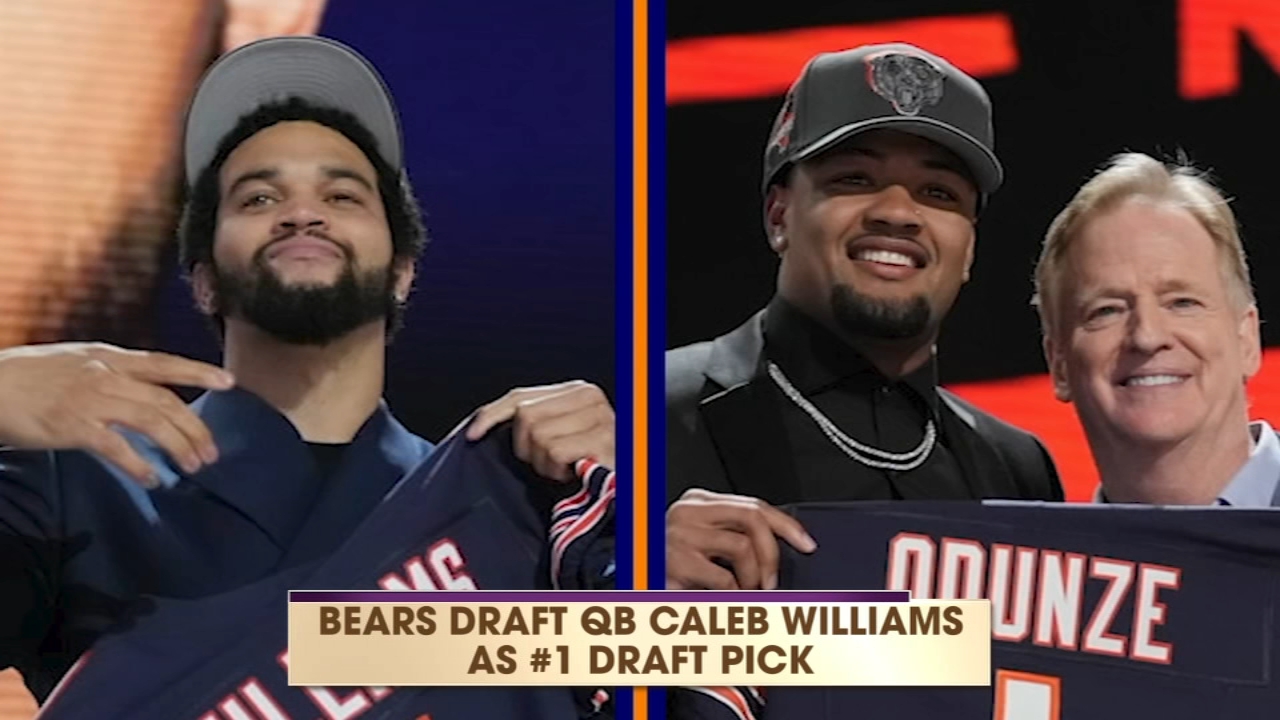What to do if your landlord starts eviction process after receiving rental assistance payment
CHICAGO (WLS) -- Many people may be struggling to pay their rent. The I-Team spoke to one woman who paid hers with the help of government assistance money, only to have her landlord start eviction proceedings shortly after getting that funding.
"I shouldn't have to worry about having to find another place to live and being evicted," said Jeanette Viti.
Viti, an assistant teacher with five kids, said her landlord received $6,650 in federal money, distributed by Chicago's Department of Family and Support Services. The money paid rent from December 2021 through June 2022. Viti also showed receipts that she said shows she paid rent for her Austin neighborhood apartment in July and August. However Viti still received a final notice of eviction dated August 22, from her landlord, Eugene Vdovychenko.
"This program is supposed to help people not become homeless," Viti said. "For him to take advantage of that situation is wrong of him he's got his money he should not be evicting me."
Viti now has an attorney through Legal Aid Chicago. The attorney filed a motion to fight the eviction order. It claims that as part as the landlord's participation in a rental assistance program he agreed to "cease all eviction proceedings," adding that recent rental assistance money covered her rent.
The motion also disputes a past judgment against Viti that said she owed rent and court costs, saying her rent was covered by that federal funding and her payments.
"I can't sleep sometimes, I wake up a lot you know over so many times in a period in the night," Viti said.
The I-Team emailed, texted, sent letters and called the landlord but did not hear back.
The I-Team also reached out to the landlord's attorney, who said Viti now owes about $2,700 in rent money owed in the last two and a half months, since Viti stopped paying rent only after the eviction notice.
Viti said her attorney advised her not to pay until the matter is resolved.
John Bartlett said his organization, the Metropolitan Tenant's Organization, has received similar complaints from tenants.
"If the landlord is getting the money they are not supposed to be evicting you," he said.
The city agency that distributed federal Department of Housing money to Viti's landlord told the I-Team that "landlords agree to immediately cease all eviction proceedings for the months in which they participate in the program."
If your landlord has received pandemic assistance money from The U.S. Treasury Department, the rules are similar. The DOT said It encourages landlords who get funds to not evict for non-payment of rent for 30 to 90 days after the period covered by rental assistance.
"You always want to document everything that's going on. If you get a note from the agency that you received the money document it," Bartlett said.
"I have been homeless in the past and I don't want to be there with my kids. My kids should not have to be homeless," Viti said.
Viti's attorney recently helped her reach a settlement with her landlord. It ends all eviction proceedings and it waived any current rent due. Viti agreed to vacate the unit by December 16.
If you're in a similar situation you can reach out to Legal Aid Chicago.
Further Resources
Free Legal Services To People Living In Poverty - Legal Aid Chicago
Treasury rule if your landlord received pandemic rental assistance









